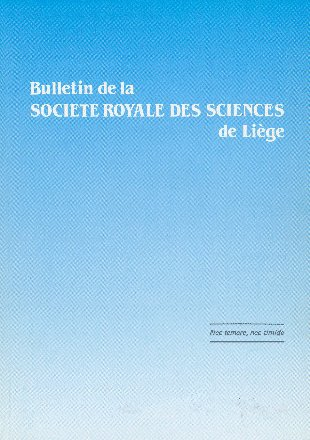- Startpagina tijdschrift
- Volume 74 - Année 2005
- Numéro 5 - 6
- ALADDIN on the road to DARWIN
Weergave(s): 614 (1 ULiège)
Download(s): 236 (0 ULiège)
ALADDIN on the road to DARWIN
Proceedings of the European Interferometry Initiative Workshop organized in the context of the 20005 Joint European and National Astronomy Meeting "Distant Worlds"?

Abstract
While DARWIN needs a ground based demonstrator, this preparatory mission is better carried out by an integrated experiment (optimized at the system level) than by an instrument constrained by an existing infrastructure. Because the quality of the site (seeing, emissivity) is the main contributing factor to an interferometer's performance, this experiment should be located on the best accessible site. We argue therefore that the ground based preparation to DARWIN should be carried out from the top of the ground turbulence layer on the Antarctic plateau. Simulations on a possible antarctic instrumental concept (ALADDIN) show that a pair of even relatively modest collectors (1m) on a small baseline (up to 40m) are sufficient to achieve a sensitivity (in terms of detectable zodi levels) which is about twice better than that of a nulling instrument on a large interferometer (such as GENIE at the VLTI), and to reach the 20-zodi threshold value identified to carry out the ARWIN precursor science.
Om dit artikel te citeren:
Over : Vincent Coudé du Foresto
LESIA, Observatoire de Paris, 92190 Meudon, France
Over : Olivier Absil
University of Liège, Astrophysics Institute, Belgium
Over : Marc Barillot
Alcatel Alenia Space, 06150 Cannes, France
Over : Mark Swain
Max-Planck Institut für Astronomie, 69117 Heidelberg, Germany
Over : Farrokh Vakili
University of Nice, LUAN, France






